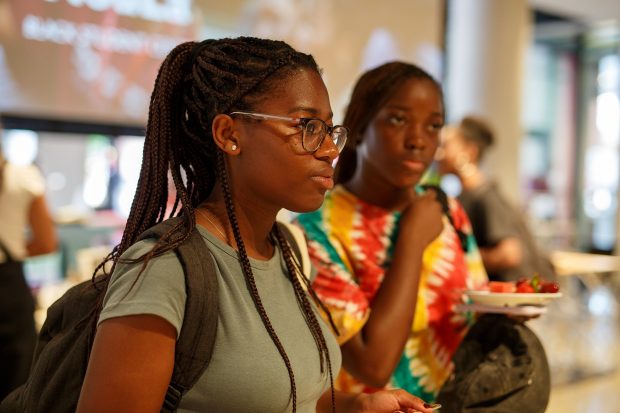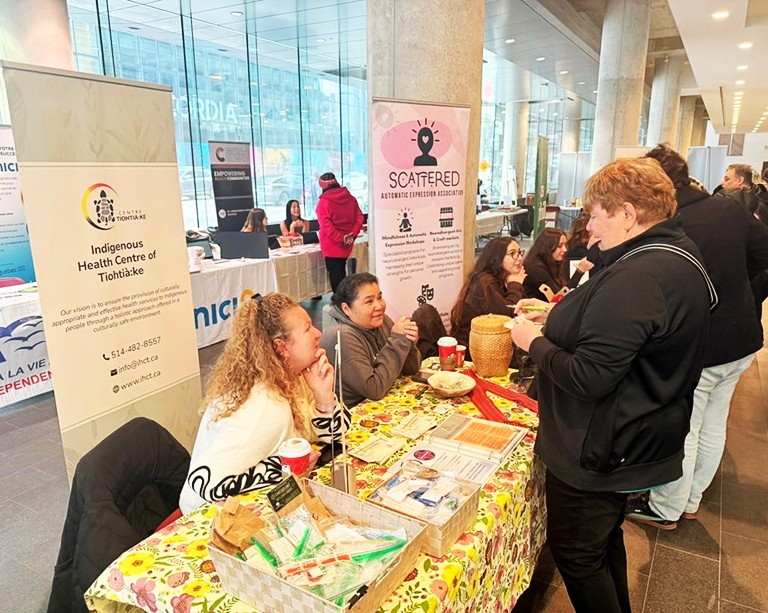Discover the transformative power
Experiential learning (EL) prepares the next generation to address society's challenges.
A commitment to experiential learning
At Concordia, we believe in the transformative power of experiential learning. By engaging students in hands-on experiences and reflection, they are better able to:
- apply the knowledge gained in the classroom to real-world situations
- face society's challenges
- respond to the labour needs of a rapidly changing world.
To that end, Concordia University is committed to broadening access to high-impact forms of experiential learning, with the commitment that every undergraduate student graduates with one EL experience, and at least two EL experiences by 2025.
Discover the opportunities for hands-on learning using the experiential learning roadmap
Discover what EL can do for you
Whether you're a student, faculty member, an employer or partner, experiential learning can benefit you. Discover how you can harness the power of experiential learning.
Six types of EL
Did you know there are six types of experiential learning offered at Concordia? Each one engages learners in different ways.
Video: learn X by doing Y
Experiential learning goes beyond providing hands-on experience in real-world work settings. It ensures students have the skills to find a job, start their careers, and lead fulfilling, successful lives after graduation.
EL by the numbers
10,000+ co-op placements
1600+ courses with EL
16 field schools
2000+ partners
1100+ internships
130+ international opportunities
80 student societies















